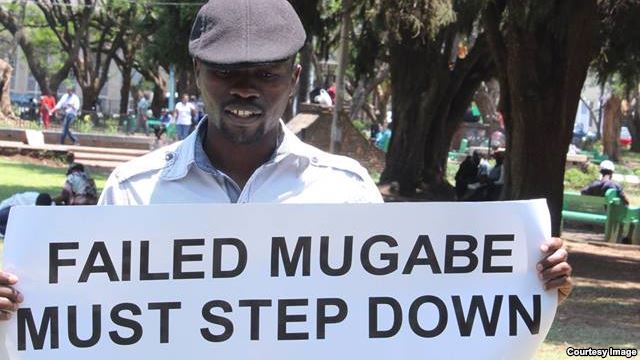|
Getting your Trinity Audio player ready…
|
Ahead of the ninth anniversary of the enforced disappearance of Itai Dzamara, a journalist and pro-democracy activist who was abducted in Harare on 9 March 2015, Vongai Chikwanda, Amnesty International’s Deputy Regional Director for East and Southern Africa, said:
“Nine years after the enforced disappearance of Itai Dzamara, the Zimbabwean authorities continue to impede the delivery of justice, truth, and reparations. Their failure to launch an effective investigation into Dzamara’s disappearance sends the chilling message that activists seeking to demand accountability from the government are no longer safe.
“Itai Dzamara’s family and friends have endured nine painful years waiting for truth and justice over his enforced disappearance. His family needs closure from the agonizing uncertainty they have been subjected to. The feeling of insecurity and fear that his disappearance has generated is not limited to his close relatives but also affects the broader civil society community.
“Amnesty International reiterates its call for the government to set up an independent, judge-led Commission of Inquiry into the circumstances surrounding Dzamara’s abduction, with powers to subpoena witnesses. The findings must be made public and those suspected of criminal responsibility should be brought to justice in fair trials. Members of the public with information to contribute to the Commission through submissions must be allowed to do so and the authorities must ensure their safety and protection.”
Background
Itai Dzamara was abducted on 9 March 2015 by five men while he was at a barber shop in Harare’s Glen View suburb. His abductors are said to have accused him of stealing cattle before handcuffing him, forcing him into a white truck with concealed number plates, and driving off. He has not been seen since then. Amnesty International believes he is a victim of enforced disappearance, a crime under international law.
Prior to his abduction, on 7 March 2015, Itai had addressed a rally in Harare where he called for mass action to address the deteriorating economic conditions in Zimbabwe and for the late President Robert Mugabe to step down. He was previously targeted by state security agents, beaten, abducted, and unlawfully detained.
Itai’s case is one of many in Zimbabwe’s long history of abductions and enforced disappearances that the authorities are yet to investigate and, if there is sufficient admissible evidence, prosecute in fair trials.
